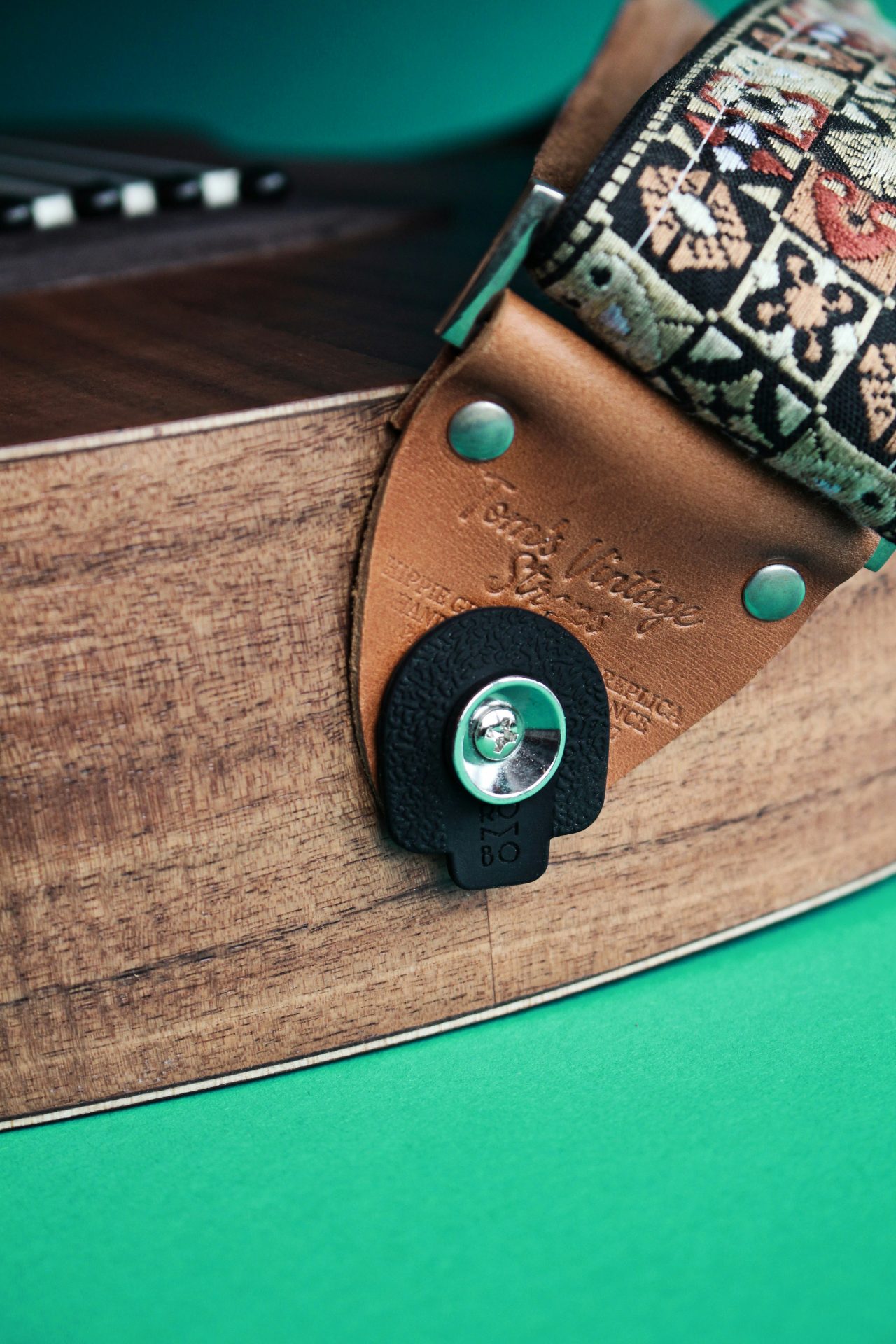style=”font-weight: 400;”>Finding the perfect guitar can feel like an epic quest, especially for musicians aiming to strike the right balance between quality, aesthetics, and affordability. Whether you’re a seasoned player or a beginner just starting your musical journey, the vast array of options can be overwhelming. But fear not!
style=”font-weight: 400;”>This guide is designed to walk you through the essentials of guitar hunting, offering insider tips and practical advice to help you discover an instrument that not only sounds beautiful but also resonates with your soul. From understanding different guitar types to recognizing the significance of build quality and sound, we’ve got you covered.
style=”font-weight: 400;”>When pondering your guitar purchase, the first distinction to consider is between acoustic and electric models. Acoustic guitars, known for their rich, full-bodied sound, are perfect for singer-songwriters and those inclined toward folk, country, or classical genres. They’re portable and don’t require any additional amplification, making them ideal for spontaneous jam sessions and intimate performances. On the other hand, electric guitars offer a wider range of sounds and effects, suitable for genres like rock, jazz, and blues.
style=”font-weight: 400;”>They require an amplifier to produce sound, which adds to the cost but also expands the sonic possibilities. Ultimately, the choice between acoustic and electric guitars boils down to personal preference and the type of music you envision playing. If you opt to style=”font-weight: 400;”>, for example, don’t forget to research different brands and models that fit your desired sound. From brands like Martin and Taylor to more budget-friendly options, there are plenty of fantastic acoustic guitars available on the market.
style=”font-weight: 400;”>Setting a budget is a critical step in the style=”font-weight: 400;”>. While it’s tempting to opt for a low-priced model, especially for beginners, investing in a slightly higher-quality instrument can significantly enhance your learning experience. A well-crafted guitar will not only sound better but also be easier to play, encouraging practice and progress.
style=”font-weight: 400;”>However, it’s important to be realistic about how much you’re willing to spend. Remember to account for additional expenses such as accessories (picks, straps, cases) and potential maintenance costs. The last thing you want is to fall in love with a guitar that’s way out of your budget range.
style=”font-weight: 400;”>Playability refers to how comfortable and easy a guitar is to play, significantly affecting your ability to practice and perform. Factors such as the guitar’s neck width, string action (the distance between the strings and the fretboard), and the overall feel of the instrument are crucial to consider. It’s highly recommended to personally test guitars in a store, even if you plan to make your final purchase contact. This hands-on experience can help you understand what suits your playing style and comfort preferences best.
style=”font-weight: 400;”>Each guitar brand and model comes with its own unique set of characteristics and tones. Renowned brands like Fender, Gibson, and Martin are known for their quality and durability but might come with a higher price tag. Meanwhile, brands such as Yamaha and Ibanez offer excellent options for those on a tighter budget without significantly compromising on quality. Delving into the histories and signature models of these brands can provide valuable insights into what might best suit your musical tastes and aspirations.
style=”font-weight: 400;”>Sound quality is arguably the most crucial aspect to consider when choosing a guitar. It encompasses the instrument’s tone, volume, and sustain and varies significantly between models and construction materials. Spruce and cedar are popular choices for acoustic guitar tops, offering bright and warm tones, respectively. Similarly, electric guitars made from mahogany have a rich, full sound, while those constructed with alder are known for their clear, balanced tone.
style=”font-weight: 400;”>Ultimately, selecting a guitar with a sound that inspires you is essential for a fulfilling musical experience. Take your time to test different guitars and compare their sounds, even if they’re the same model. Trust your ears, and don’t be afraid to ask for guidance from more experienced musicians or store staff.

style=”font-weight: 400;”>The quest for the perfect guitar involves a blend of personal preference, practical considerations, and a bit of soul-searching. From deciding between an acoustic or electric model to setting a realistic budget, understanding the factors that contribute to a guitar’s playability, exploring various brands and models, and prioritizing sound quality, each step is crucial in finding an instrument that not only meets your musical requirements but also inspires and excites you.
style=”font-weight: 400;”>The ideal guitar is one that feels like an extension of yourself, facilitating a seamless flow of creativity and expression. Take your time, do your research, and most importantly, trust your instincts. With the right approach, your guitar-hunting adventure can lead to a lifelong musical companion that fuels your passion for music at every turn.




